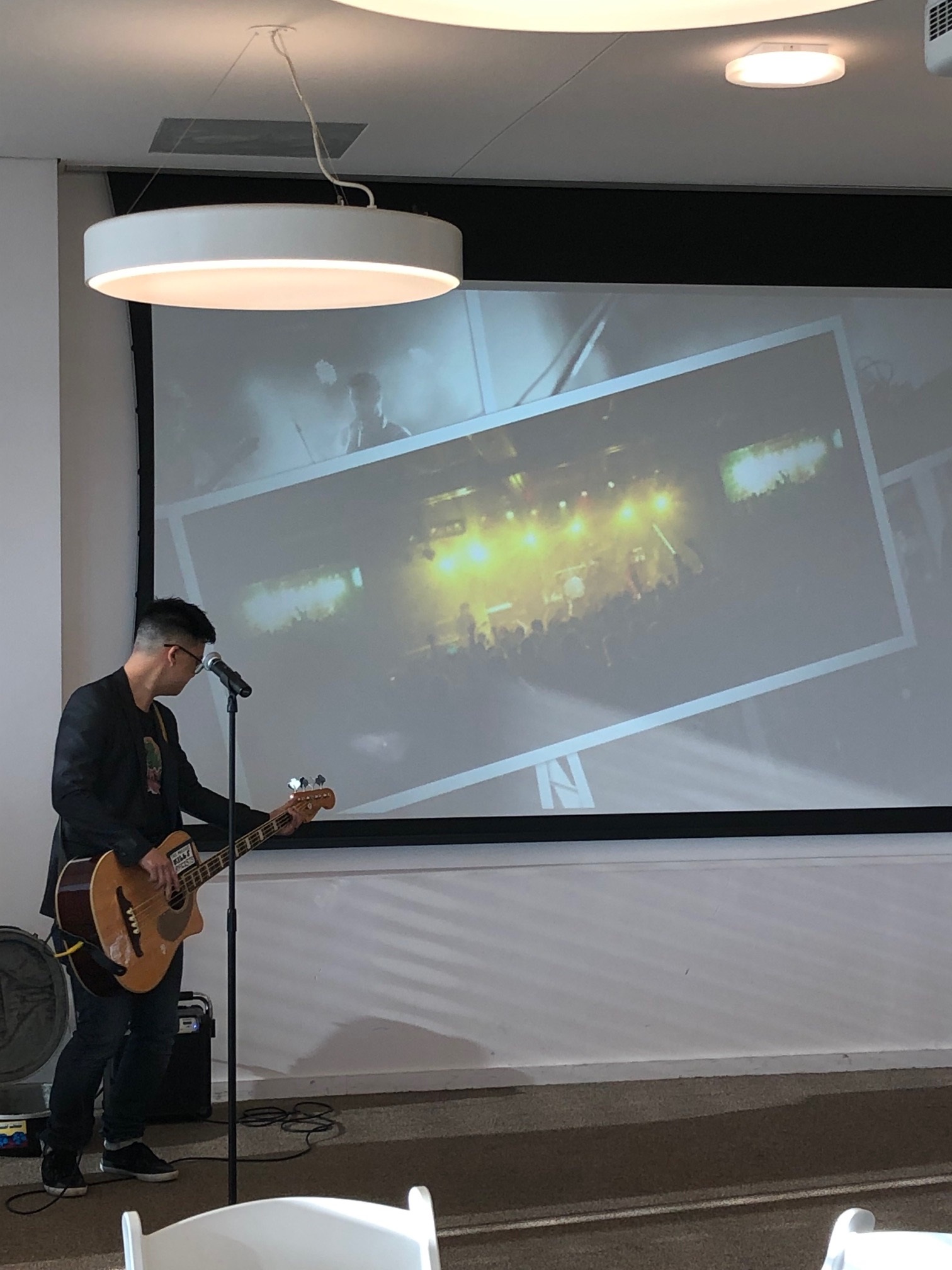
The Center for the Law of Intellectual Property and Technology (CLIPT) was founded in to promote research, education and legal practice in three intertwined areas of law. One aspect of CLIPT’s focus is intellectual property law, including copyright law, patent law, trade secret law and trademark law. These areas of law support the discovery of new inventions, the production of new creative works and the generation of new products, services and businesses.
The second facet of CLIPT’s focus is to examine and publicize legal issues stemming from the use of cutting-edge technologies. These issues often cut across multiple areas of law. For example, issues related to DNA are important in criminal law, property law, privacy law and patent law. Finally, CLIPT supports the use of technology to understand the law through endeavors such as the Supreme Court Mapping Project.

The U.S. Patent and Trademark Office refused to trademark the band's name, declaring it a disparaging term for people of Asian-American descent. The resulting lawsuit went all the way to the Supreme Court, which Tam and the band won in a unanimous free-speech decision.
Center News
-
On Wednesday, Jan. 18, 2023, from 4:30 to 6:30 p.m, Prof. Colin Starger, associate director of legal technologies for the Center, will participate in an article release event, “A Butterfly in COVID: Structural Racism and Baltimore's Pretrial Legal System," at Maryland Carey Law. He will be joined by his co-author, Prof. Doug Colbert, of Maryland Carey Law, as well as Natasha Dartigue, public defender for Maryland, and Dr. Lawrence T. Brown, the Morgan State University scholar who coined the term "Black butterfly." Read the article.
-
Prof. Will Hubbard, Center director, led a team from Baltimore Law on a joint project with the Maryland State Highway Administration to investigate updates to Maryland law to support the safe deployment of connected and automated vehicle technology. The 18-month project concluded in July 2022.
-
Prof. Will Hubbard , Center director, moderated a webinar panel, "Ransomware Reality: Protecting IT Infrastructure from Crippling Malware Attacks," on Sept. 14, 2021. The panel included adjunct Prof. Jerry Bodman, J.D. '03, and Baltimore Law alumnus David Katz, J.D. '99.
-
Associate Dean Colin Starger , associate director for legal technologies, was quoted in a 2020 Baltimore Law article, “Smart Law for Intelligent Machines.”
-
Three UBalt Law alumni – Brad Shear, J.D. ’98, David Katz, J.D. ’99, and David Shafer, J.D. ’15 -- were featured in a Cybersecurity Roundtable in the 2019 issue of Baltimore Law.
-
Associate Dean Colin Starger , the Center's associate director for legal technologies, argues that the presumption of innocence (POI) is dead, and this has resulted in mass pretrial incarceration. In an August 2020 essay in the MIT Computational Law Report, Starger presents original evidence demonstrating that the POI's demise is empirically unjustified.
-
The Center's associate director for legal technologies, Associate Dean Colin Starger , was named an American Bar Association Legal Rebel in 2019 for his work in supporting pretrial justice.

